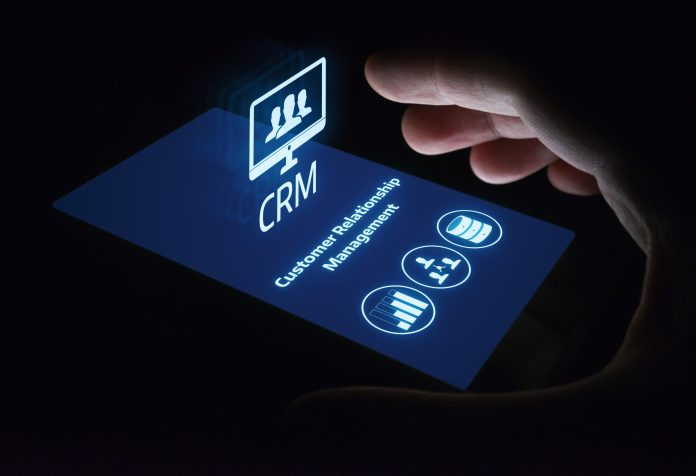Philip Mayling, CEO of BuddyCRM, discusses why the right Customer Relationship Management system (CRM) is vital to driving digital change
With COVID-19 dubbed as the ‘digital accelerant’ of the decade, businesses across the globe have taken bold and decisive action to implement digital change, accelerating their transformational strategy by a global average of 6 years or 5.3 years for those operating in the UK.
In brief, Digital Transformation is the process of implementing technology to modify or create new business processes, culture, and customer experiences to meet changing business and market requirements.
With the pandemic forcing businesses to operate remotely and find new ways of engaging with existing and potential customers, it’s clear to see why millions of decision-makers have accelerated digital change over the last 6 months.
Key to this would have been the implementation of a Customer Relationship Management or ‘CRM’ system. Renowned for providing a centralised cloud-based solution to aid team members to collaborate effectively, CRMs provide a host of benefits for businesses implementing digital change, with the top four as follows:
Team collaboration
Over the last 6 months, businesses large and small have experienced the benefits of mass remote working. While employees have enjoyed an increased work-life balance, employers have reaped the rewards of increased productivity, a reduction in overhead and the opportunity to scale without additional infrastructure.
However, key to a successful remote working strategy is team collaboration, which is where CRM systems come into play. In-office environments, it is easier for team members to discuss customer requirements face to face, but even then the information needs to be documented centrally to future proof both the customer relationship and the business as a whole.
CRM solutions enable all team members to access relevant information about all customers, from contact details through to historical records of correspondence. What’s more, as CRMs are hosted in the cloud, team members can access this information any time, any place and from any digital device, aiding team collaboration regardless of individual working environments.
Improved customer service
At the start of the pandemic, businesses circulated emails on mass telling their customers ‘not to panic’ and that they were operating ‘business as usual’.
Although the majority would not have predicted the severity of COVID-19 and its impact on the economy, the businesses who remained focused on engaging with their existing customer base and delivering exceptional customer service would have and will continue to fare better long-term.
An effective CRM solution helps business owners overcome the challenge of customer engagement by documenting and reporting on all customer interactions, showcasing those regularly interacted with vs those ‘forgotten’.
Refining customer experience is fundamental to any successful digital transformation strategy. Therefore, when business leaders select the right solution for their needs and utilise it correctly, a CRM is an invaluable tool for increasing customer loyalty and retention, enabling businesses to build strong foundations and drive continued growth.
Bespoke workflows
A key part of driving digital change is evaluating existing processes, determining what does and doesn’t work and what can be improved through technology.
All too often, business leaders select CRM solutions based on their popularity as a brand, as opposed to whether it is able to offer the right functionality for their business.
A CRM solution that enables you to tailor functionalities or create bespoke workflows is one that will drive successful digital change, by allowing you to hone new processes that improve productivity and refine both staff and customer experience.
Accountability
Rewind 12 months and the majority of business leaders would have baulked at just the idea of mass remote working over concern as to whether staff members would be able to work effectively from home and complete all tasks on time.
Now, decision-makers understand that mass remote working is, in fact, possible and beneficial, with many large organisations like Schroders having already announced that they plan to adopt a long-term hybrid model where staff divide their time between home and the office, with others sure to follow suit.
A proven CRM system not only aids staff members in completing their work remotely, but it also provides accountability, with functionalities like task reminders and integration into email calendars ensuring activity remains on track, with management able to assess staff performance through business intelligence, insights and reporting.
Despite the challenge presented by the COVID-19 pandemic, it has truly accelerated digital change across the globe and helped business leaders to realise the benefits of remote working.
For those now focused on a permanent or hybrid remote working policy, an effective, customisable CRM solution will be fundamental to success, not only in aiding collaboration between team members but in cementing existing customer relationships and forging new ones. As a result, businesses will be able to emerge stronger as markets recover.











